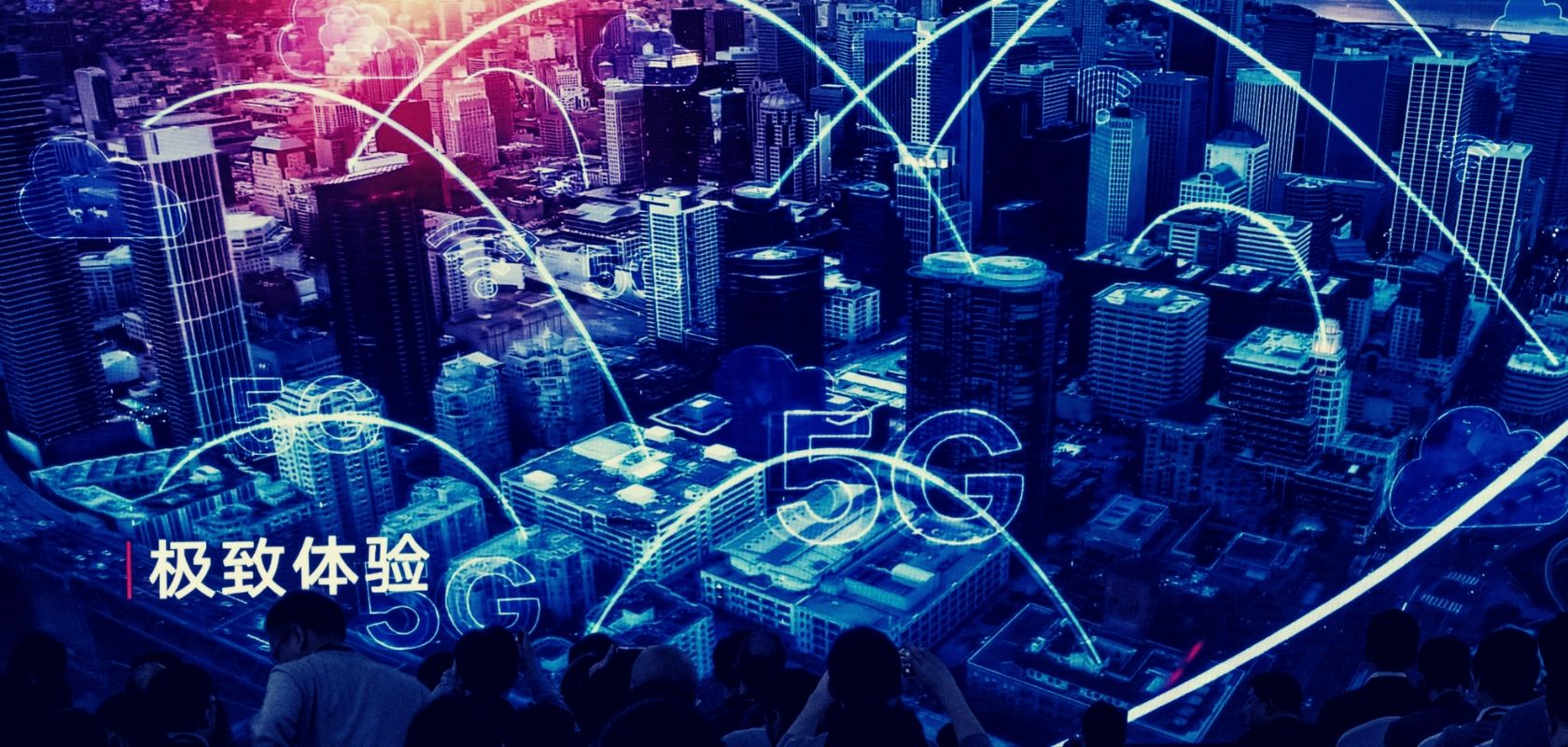The British government had recently decided to work with the Chinese giant Huawei with regards to the 5G development plans in the country. Despite mounting opposition against the deal, it went through and ended up materializing as the MPs opposing the alliance in the parliament suffered a close defeat by just 24 votes.
While a better part of the world is aware of Huawei’s close connection to the Chinese Communist Party, the UK ended up agreeing to work with the giant and, according to many security experts, putting the country’s internet privacy in jeopardy.
Two Uyghurs, Rahima Mahmut and Tohti Bughda, who were exiled from China have penned a letter to the British Government this week, asking them to reconsider their stance on working with Huawei. They cited the tech giant’s suspiciously close involvement with the CCP, alongside their role in persecuting, detaining, and surveilling Uyghurs in North West China.
It is also worth noting that both Rahima Mahmut and Enver Tohti Bughda hold respectable positions. While the former is a human rights advocate heading the World Uyghur Congress in London, the latter is an activist as well as a member of the International Advisory Committee of the International Coalition to End Transplant Abuse in China.
Whether the government pays heed to the letter or not is a discussion for another time; but the reasons provided by Mahmut and Bughda provide several shocking insights into Huawei and what the UK is getting itself into in an alliance with a tech giant with little-to-no-regard for human rights.
Michael Polak, speaking on behalf of his clients Mahmut and Bughda, stated that their petition to rethink the alliance with Huawei is highly relevant and was based on the UK’s obligations towards human rights. Polak said that going forward with Huawei simply puts the British government’s decision in direct violation of the country’s own rules and values.
Polak further stated that his clients’ demands to reconsider the alliance must be given serious consideration as there is proven evidence of forced labor and slavery powering the Chinese giant’s supply chain.
“It has also been alleged that Huawei plays an integral part in the systematic oppression of the Uyghur and other Turkic people in the Xinjiang Uyghur Autonomous Region (East Turkestan), which amounts to crimes against humanity and a breach of jus cogens norms of international law,” said Polak.
Mahmut, who is a UK citizen, cited her own suffering as an example by revealing her personal struggle about her family, whom she hasn’t been able to contact since 2017 as she fears their safety. “Since 2016, my homeland has been turned into the biggest digital gulag on earth, and Huawei has been working with the public security bureau, providing surveillance technology which is being used to arbitrarily detain millions of my people,” said Mahmut.
“It’s a disgrace that a company that is central to the oppression and suppression of an entire ethnic population has been given such an important role within the infrastructure of the United Kingdom. It is a betrayal of the core values and morals that I believed this country stood for as a British citizen.”
Tohti also spoke about how his people back in China were treated as “second class citizens” and prisoners. “Many of my friends and family have been taken into the concentration camps [the so-called transformation through education camps] and we do not know when or if they will be released. Those who remain outside the camps live their life in the shadow of fear and repression unable to practice their religion and culture for fear that they too may disappear into these horrendous camps.
“As a British Uyghur, I need the Government to speak up against the repression of the Uyghur people, not go into business with a company which is deeply involved in these acts against us.”
Apart from the two Uyghurs’ accusations against the Chinese tech giant’s involvement in human rights-violating activities, we also have strong evidence gathered by the Australian think tank (Australian Strategic Policy Institute), in the study “Uyghurs for Sale: ‘Re-education’, Forced Labour and Surveillance Beyond Xinjiang”.
According to the study, at least 80,000 Uyghurs were forcibly enslaved into Huawei’s supply chain with the Chinese government itself lending a helping hand in pumping masses of Uyghurs as well as other ethnic groups into working in grueling sweatshops to power the tech giant.
Furthermore, the Chinese government is making countless groups work for Huawei under “poverty alleviation” programs.
ASPI successfully managed to find compelling evidence of the fact that the Chinese government and Huawei were working hand in hand, putting regions of Tibet and Xinjiang at the “bleeding edge” of China’s tech landscape.
“The evidence shows that Huawei is deeply implicated in the ongoing surveillance, repression, and persecution of Uyghurs,” said the ASPI’s report.
Huawei has also rolled out several programs with the Chinese government such as the “Safe Xinjiang” program, which was nothing more than a surveillance program to track the Chinese population.
“There are significant allegations that the Chinese authorities are committing crimes against humanity including torture, enslavement, forcible transfer of population, imprisonment and other severe deprivations of physical liberty in violation of fundamental rules of international law. There is also evidence which alleges that Huawei’s role is integral to the commission of these breaches of jus cogens rules of international law,” said Polak.
Apart from Huawei’s rampant human rights violation, organizations such as the ASPI also point out the fact that the Chinese companies were commonly known to violate intellectual rights.
Finally, Polak said that his clients were “bravely” challenging a company “which has played such a large part in the oppression of the Uyghur people” and that the UK government needs to consider the rights violation and the gravity of rolling out 5G with a Chinese tech giant.






















